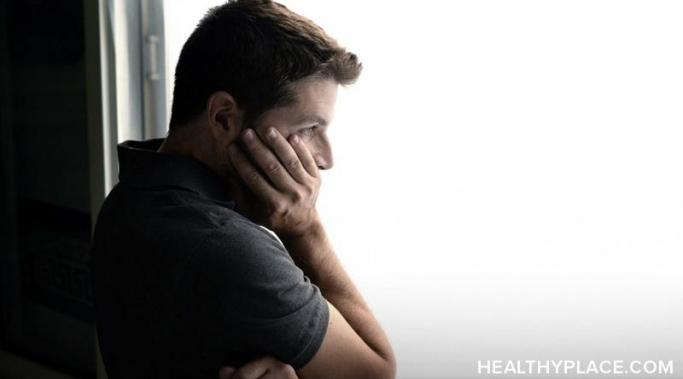Last week, I made an introductory post about the fire that struck my apartment last month, and what to do to keep your anxiety at bay if such a catastrophe were to happen to you. I mentioned that there would be no way to contain all I would want to say to one post; this is my first continuation of that theme.
Anxiety-Schmanxiety
You can beat anxiety long-time no matter how strong it is or how much it is interfering in the quality life you want to live. While there are things you can do to feel better immediately when anxiety strikes, such as practicing mindfulness in the moment, visualizing something calming, deep breathing, using movement like yoga, brisk walking, or other exercises and more, there are other strategies you can adopt as part of your regular perspective and behavior to beat anxiety long-term. The following three strategies are effective ways to lower your anxiety and keep it out of your way for life.
I've survived a catastrophe, and I've learned to cope with the anxiety from it. You see, a few weeks ago, a major fire started in my apartment. In the aftermath, I lost my place to live, lost almost all my possessions due to smoke damage, and came uncomfortably close to losing my life from smoke inhalation.
Are you impatient to get rid of anxiety? On a scale from one to 10, with 10 representing "immediately," how soon do you want your anxiety gone? There was a time in my life that my own number was off the charts somewhere in the billions. After all, anxiety is a horrible thing to live with, all-consuming and confining. While it's natural to be eager to get rid of anxiety, unfortunately, impatience can be a big cause of anxiety. Let's shift away from getting rid of anxiety and examine impatience itself to see how it just might be making you more anxious. Then, as you cultivate patience, anxiety will shrink in the process.
An anxiety journal is a powerful mental health tool. Keeping a journal can help you reduce anxiety and move forward freely into your quality life. Beyond that, an anxiety journal can empower you to know what that quality life will be like and how to create it.
There’s been much in the way of discussion regarding “toxic” cultural practices, and "toxic positivity,” is receiving its due attention. I couldn’t be happier. A culture of toxic positivity poses an active threat to the wellbeing of anyone who is mentally ill.
Our collective anxiety about the world is skyrocketing. Anxiety disorders are the most common of all mental illnesses worldwide, and the United States is the most anxious nation, with a higher percentage of people diagnosed with anxiety disorders than in any other country. Further, the experience of anxiety in the United States is on the rise, with more...
Why is a schedule an important part of coping with anxiety?
Perhaps you've heard of 2019 n-CoV, a new strain of coronavirus that is causing high anxiety worldwide. It's part of a family of viruses that includes germs responsible for the common cold as well as much more serious viral infections like severe acute respiratory syndrome (SARS-CoV) and has been causing many people to become ill very quickly.1 Reports of "coronavirus" have caused health anxiety to flare, and many people are worried and fearful about what might happen because of it. If you are experiencing coronavirus anxiety, there are things you can do to stay calm, avoid panic, and reduce health anxiety.
If there’s one thing that can make anyone feel anxious, it’s the prospect of failure. The reasons are, admittedly, self-evident: if you really care about something, whether it’s a personal project, goal, relationship, or what have you, then you’re going to want it to succeed. But, of course, failure is part of life, so it is best to be ready to confront fear and anxiety when it inevitably happens to you.









